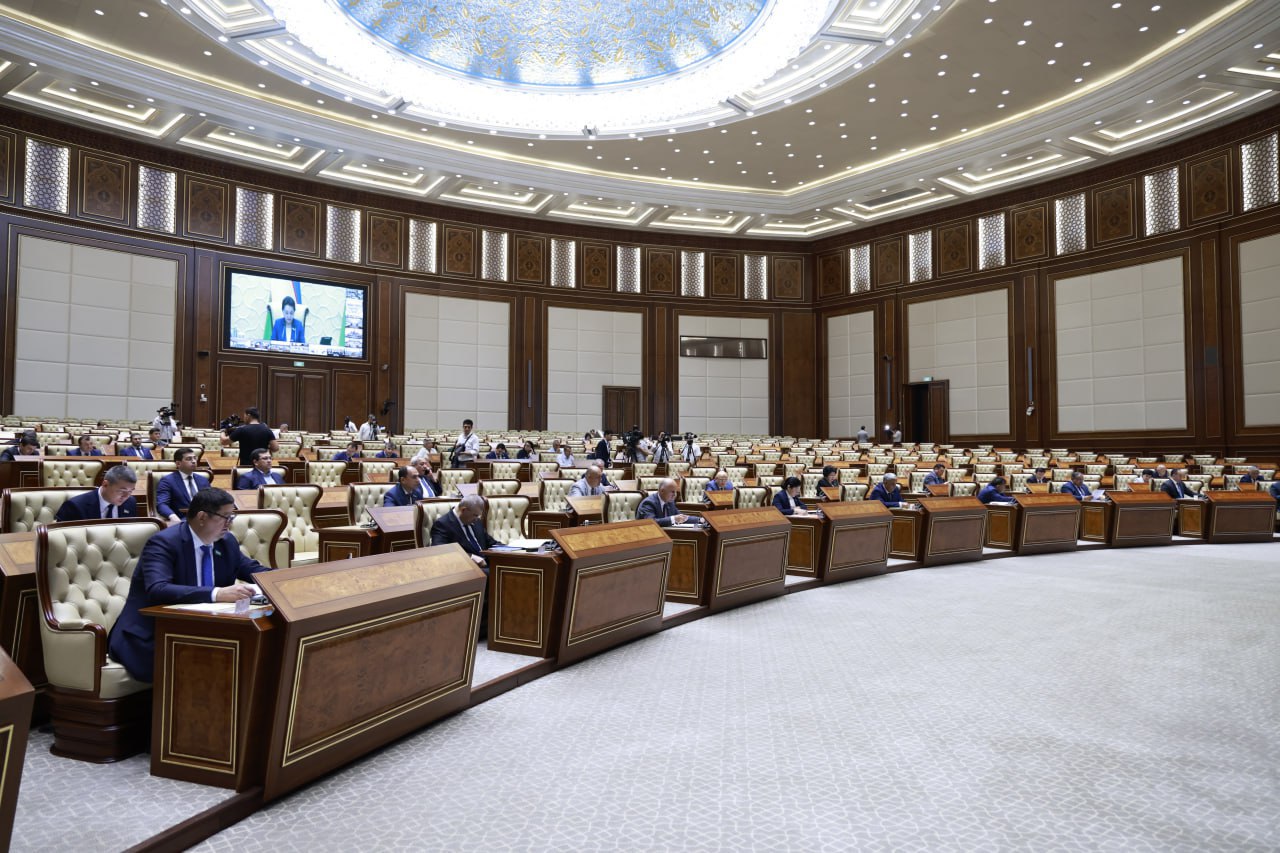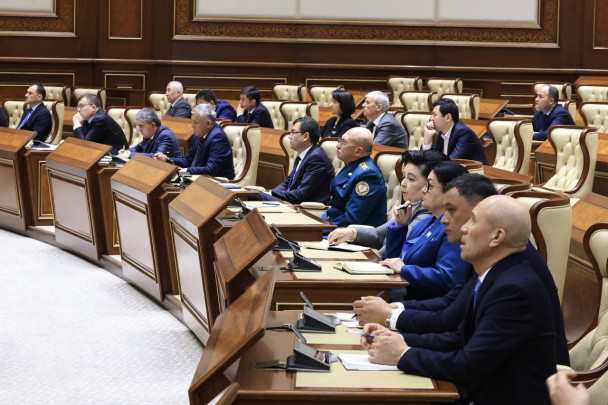Senate approves the Entrepreneurship Code
More than 100 legal documents, including 9 laws, are being merged into the Entrepreneurship Code. In the Code, entrepreneurs are divided into “small”, “medium” and “large” categories, and individual entrepreneurs are given the right to perform any activity not prohibited by law.

Photo: senat.uz
The Entrepreneurship Code was approved at the meeting of the Oliy Majlis Senate on August 15.
Today, there are about 5,000 regulatory legal documents related to the regulation of business activities. The sheer number of documents can cause difficulties in their practical application, which causes reasonable objections from business entities.
In this regard, more than 100 legal documents, including 9 laws, are being merged into the Entrepreneurship Code.
1. Law “On guarantees of freedom of business activity”;
2. Law “On State Control of Business Entities”;
3. Law “On Agriculture”;
4. Law “On Farming”;
5. Law “On Private Enterprise”;
6. Law “On Family Business”;
7. Law “On Company Names”;
8. Law “On Investments and Investment Activities”;
9. Law “On Economic Companies”.
In the Code, business entities are divided into categories by the criteria of “small”, “medium” and “large” business. Determining the types of activities that individual entrepreneurs cannot engage in, they are given the right to perform any activity that is not prohibited by law (currently, they can engage in 88 types of activity).
In order to reduce interference in business activities, the lists of 147 control functions of 38 state bodies and 20 types of inspections to be conducted in order to notify the Business Ombudsman are approved in the appendix of the code.
All inspections not included in the list are carried out in accordance with the procedure agreed with the Business Ombudsman.
4 forms of state control are defined, of which legal action is taken against the entrepreneur only in connection with the violations detected during the data analysis and inspection.
In this:
• financial sanctions are applied by the court (excluding taxation and banking sanctions);
• in cases where a financial sanction is imposed on a business entity and an administrative liability is imposed on its official for the same type of offense, only a financial sanction is applied;
• business entities that have committed violations for the first time will not be subject to financial sanctions if they comply with the instruction to eliminate this violation, as well as compensate for the damage caused.
Also, the Code envisages the creation and publication of a register of mandatory requirements in the field of entrepreneurship, which includes all requirements, and a single register of benefits for business entities. It provides that it is forbidden to assign responsibility for requirements that are not included in the register of mandatory requirements.
The introduction of state subsidies to support entrepreneurship will be in the following order:
• the subsidy is introduced by the decision of the President of the Republic of Uzbekistan, the procedures are determined by the government;
• the main directions of subsidies are determined and they are allocated through the Unified interactive public services portal based on the “one-stop shop” principle.
Related News

13:23 / 19.03.2025
Sharp rise in children's rights appeals in Uzbekistan: Over 1,000 cases reported in 2024, marking a 2.4-fold increase

20:03 / 18.03.2025
Uzbekistan joins Eurasian Development Bank to boost economic cooperation

12:27 / 18.03.2025
Gov’t tightens traffic laws: Driving in bus lanes now carries a fine of up to 1.12 million UZS

10:59 / 18.03.2025



